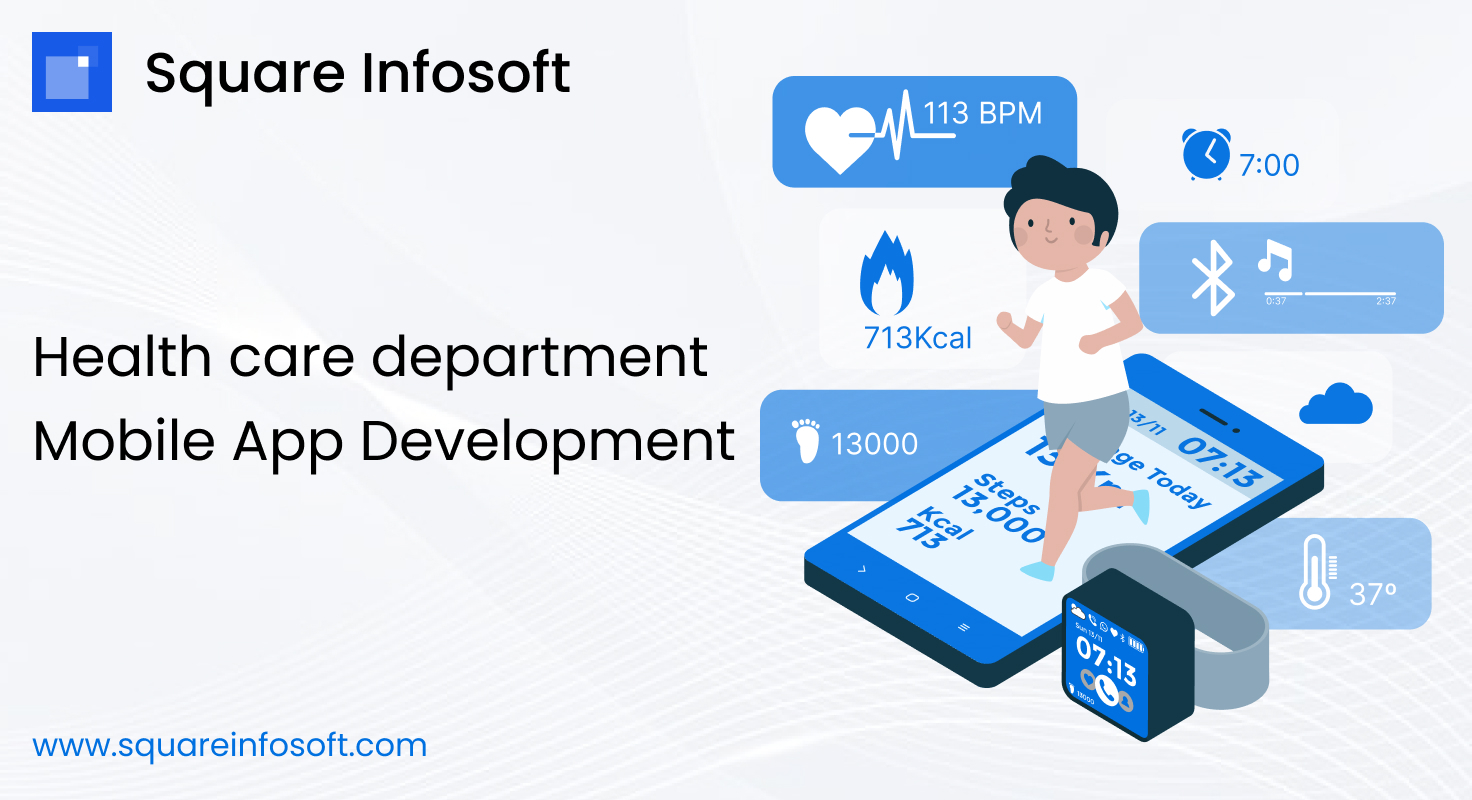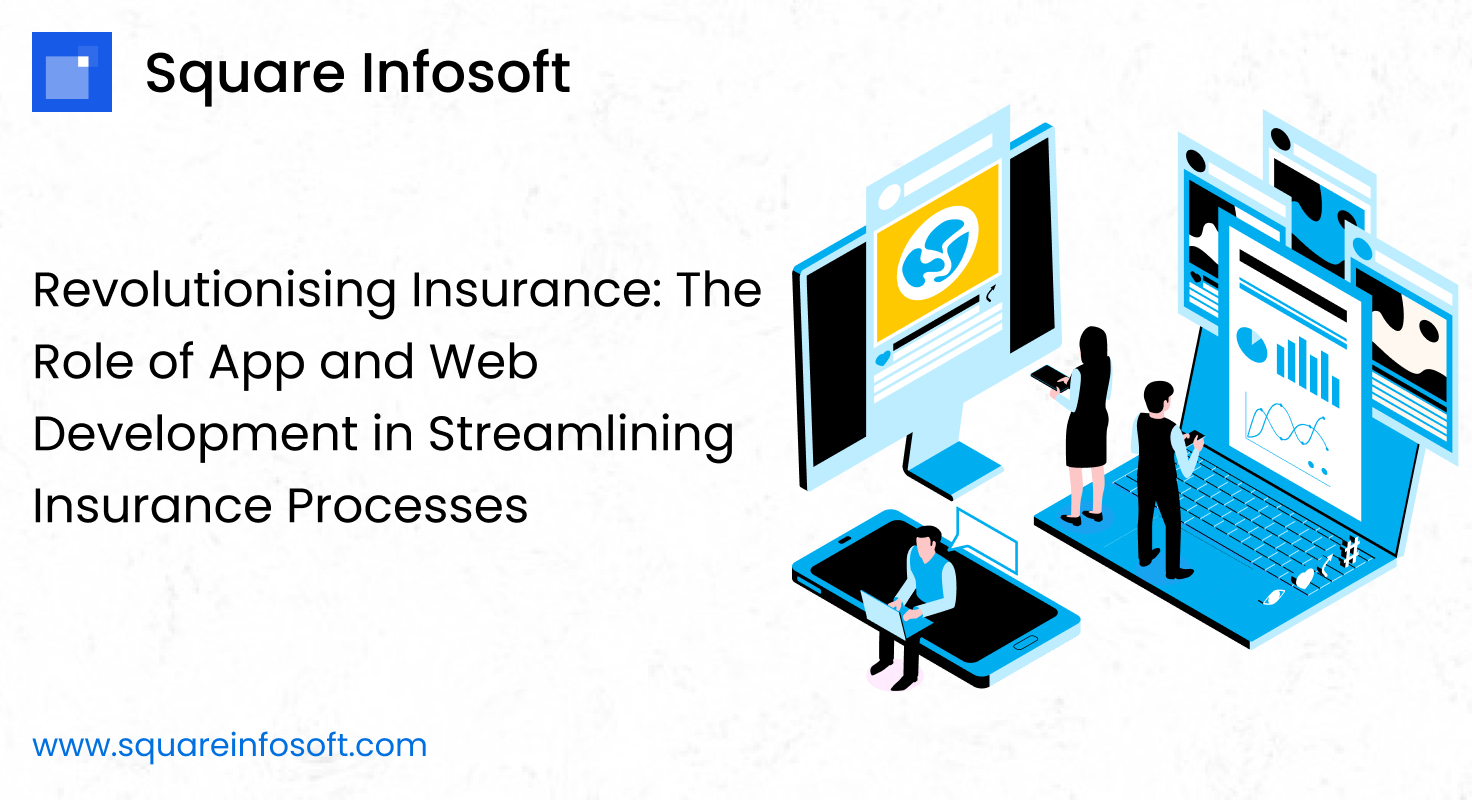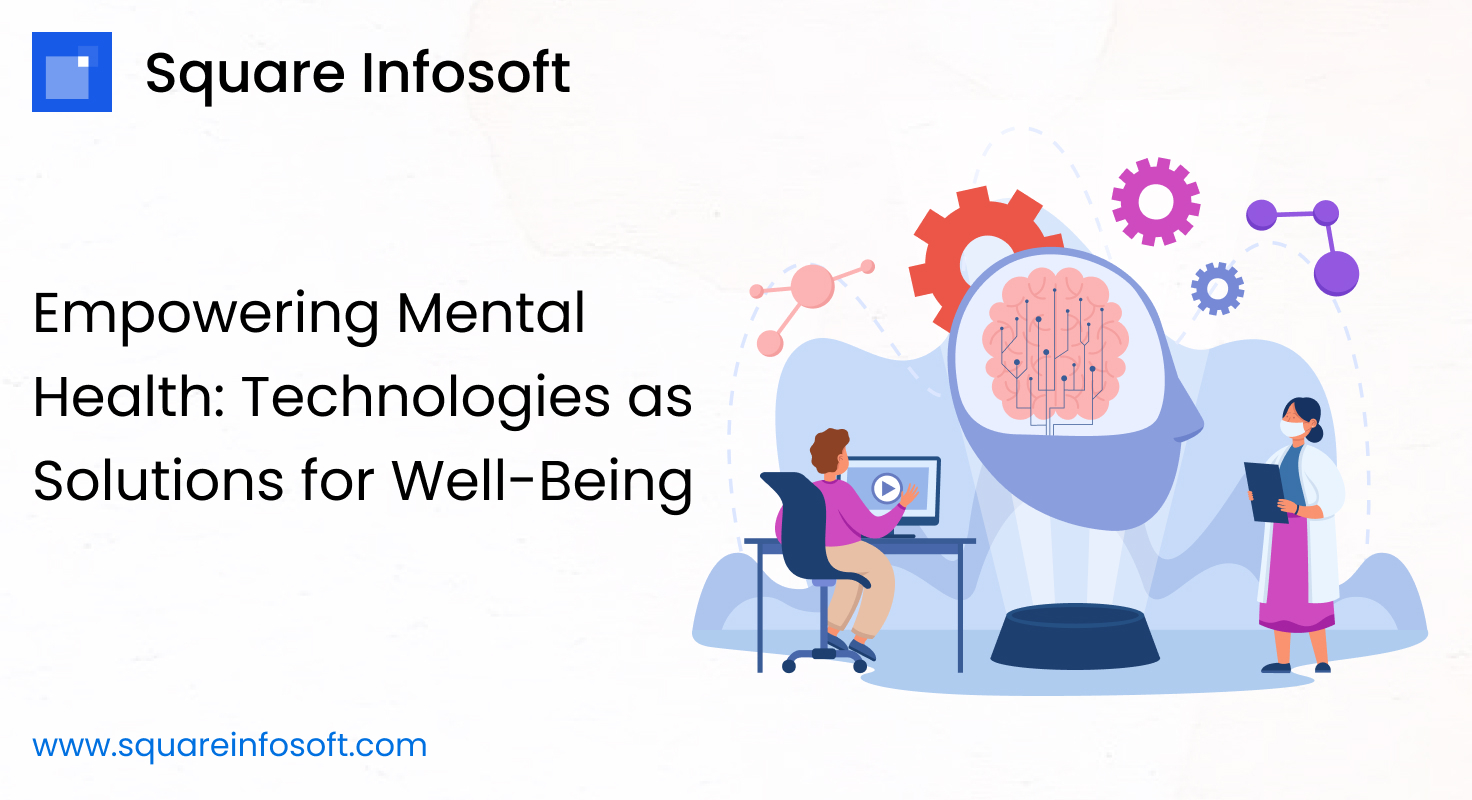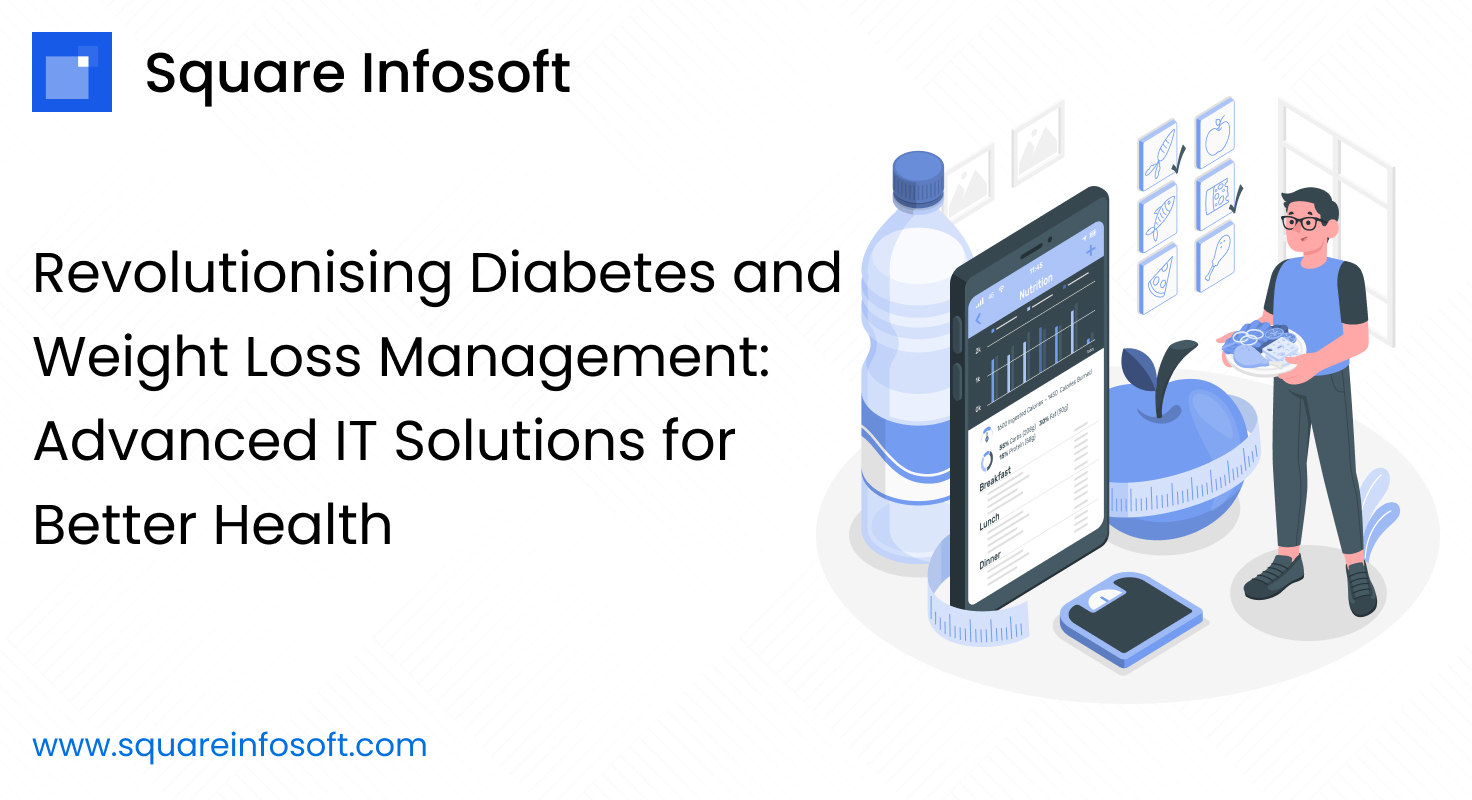Developing a mobile application for the healthcare department is a significant step towards enhancing patient care, improving operational efficiency, and increasing accessibility to healthcare services. In this comprehensive guide, we’ll explore the various aspects of healthcare department mobile app development, including key features, benefits, challenges, and best practices.
Healthcare Department mobile app:
- Appointment Scheduling: Allow patients to schedule appointments with healthcare providers conveniently through the app. Provide options for selecting preferred dates, times, and healthcare professionals.
- Telemedicine Services: Enable virtual consultations and remote healthcare services, allowing patients to connect with healthcare providers via video calls, chats, or voice calls.
- Electronic Health Records (EHR) Access: Integrate EHR systems to provide patients with secure access to their medical records, test results, prescriptions, and treatment plans.
- Medication Reminders: Implement medication management features to remind patients to take their medications on time, refill prescriptions, and track medication adherence.
- Health Tracking: Include features for tracking vital signs, such as heart rate, blood pressure, and blood glucose levels. Provide insights and trends to help patients monitor their health status.
- Health Education Resources: Offer a library of health articles, videos, and resources to educate patients about various health conditions, preventive measures, and healthy lifestyle choices.
- Emergency Assistance: Integrate emergency contact information, GPS-based location services, and one-touch emergency buttons for quick access to emergency services.
- Health Insurance Integration: Allow patients to access their health insurance information, coverage details, claims status, and benefits through the app.
- Feedback and Reviews: Provide a platform for patients to leave feedback, ratings, and reviews about their healthcare experiences, helping improve service quality.
- Multilingual Support: Ensure the app supports multiple languages to cater to a diverse patient population and improve accessibility for non-native speakers.
- Benefits of Healthcare Department Mobile Apps:
- Improved Patient Engagement: Mobile apps empower patients to take an active role in managing their health by providing access to valuable health information, resources, and services.
- Enhanced Access to Care: Telemedicine services and appointment scheduling features increase access to healthcare services, especially for patients in remote areas or with limited mobility.
- Efficient Communication: Mobile apps facilitate seamless communication between patients and healthcare providers, leading to better care coordination and faster response times.
- Better Health Outcomes: By promoting medication adherence, health tracking, and preventive care measures, mobile apps contribute to improved health outcomes and patient satisfaction.
- Operational Efficiency: Automating administrative tasks such as appointment scheduling, billing, and documentation reduces the burden on healthcare staff and improves overall efficiency.
- Cost Savings: Telemedicine services and remote monitoring capabilities can lead to cost savings for both patients and healthcare providers by reducing the need for in-person visits and hospitalizations.
- Challenges in Healthcare Department Mobile App Development:
- Data Security and Privacy: Ensuring compliance with healthcare regulations such as HIPAA is crucial to protect patient data and maintain confidentiality.
- Integration with Existing Systems: Integrating with legacy EHR systems and other healthcare IT infrastructure can be complex and require careful planning and coordination.
- User Adoption and Engagement: Encouraging patients to download, install, and regularly use the app requires effective marketing strategies and user-friendly design.
- Technical Complexity: Developing a mobile app with advanced features such as telemedicine services and health tracking requires expertise in mobile app development, UI/UX design, and backend integration.
- Regulatory Compliance: Healthcare apps must comply with regulatory requirements related to patient safety, data privacy, and medical device regulations.
- Best Practices for Healthcare Department Mobile App Development:
- User-Centered Design: Prioritize user experience (UX) design to ensure the app is intuitive, easy to navigate, and accessible to users of all ages and abilities.
- Iterative Development: Adopt an agile development approach to continuously iterate and improve the app based on user feedback, evolving requirements, and technological advancements.
- Security by Design: Implement robust security measures, such as encryption, authentication, and access controls, to protect patient data and ensure compliance with regulatory standards.
- Scalability and Interoperability: Design the app with scalability and interoperability in mind to accommodate future growth, integrate with other systems, and adapt to changing healthcare standards.
- Collaboration with Stakeholders: Involve healthcare professionals, patients, and other stakeholders throughout the development process to ensure the app meets their needs and addresses key pain points.
- Continuous Monitoring and Maintenance: Regularly monitor app performance, user engagement metrics, and security vulnerabilities to proactively identify and address issues post-launch.
Developing a mobile app for the healthcare department offers numerous benefits in terms of improving patient care, increasing accessibility to healthcare services, and enhancing operational efficiency. By incorporating key features, addressing challenges, and following best practices, healthcare organizations can successfully leverage mobile technology to transform the delivery of healthcare services and improve health outcomes for patients.




